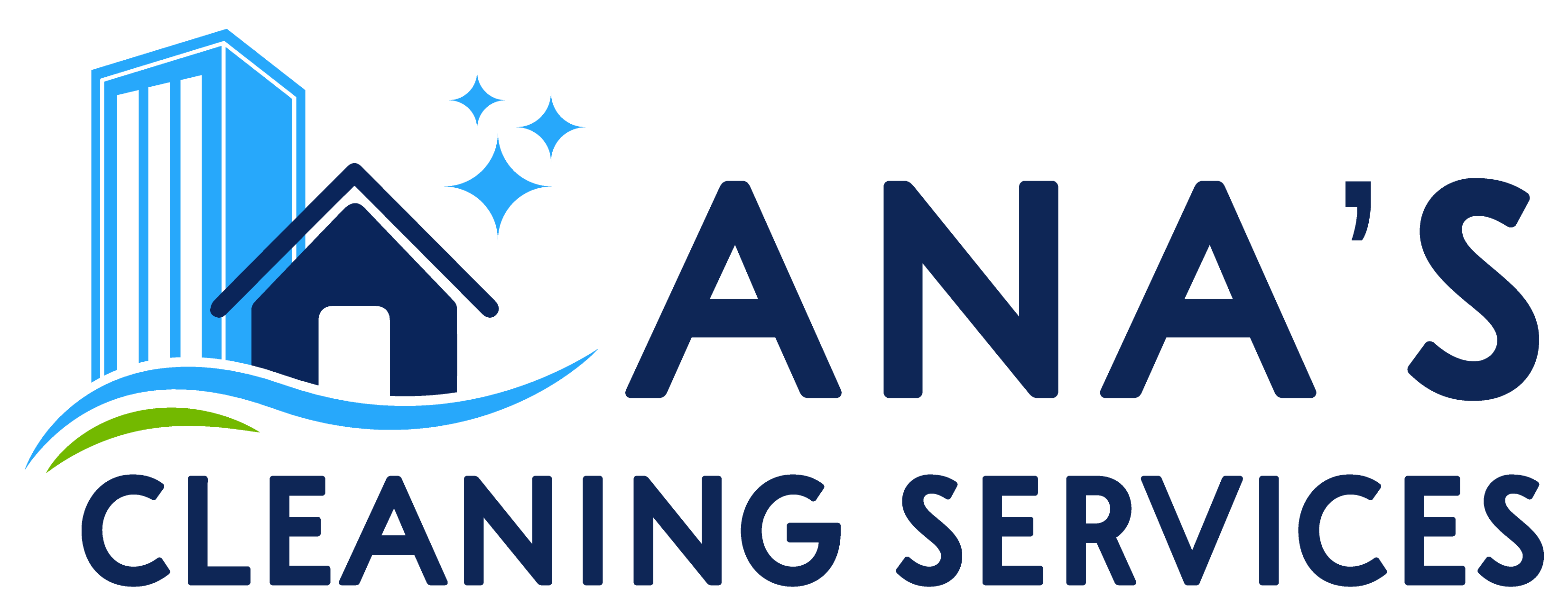Maintaining a clean and organized office is essential not only for aesthetic reasons but also for the health and well-being of employees and clients. A clean office contributes to higher productivity, reduces the spread of illness, and leaves a positive impression on visitors. But how often should an office be cleaned to achieve these benefits?
The frequency of office cleaning depends on several factors, including the size of the office, the number of employees, the type of business, and the foot traffic it receives. In this blog post, we’ll explore key areas of an office and provide recommendations for how often each should be cleaned to maintain a healthy, professional environment.
### 1. **Daily Office Cleaning Tasks**
Some areas of your office should be cleaned daily to ensure a sanitary and welcoming environment. These tasks focus on high-traffic areas where germs and dirt accumulate quickly.
– **Restrooms**: Office restrooms should be cleaned thoroughly every day. This includes sanitizing sinks, toilets, countertops, and restocking supplies like soap, paper towels, and toilet paper. Regular cleaning helps prevent the spread of bacteria and viruses.
– **Kitchen/Break Room**: The office kitchen or break room can be a breeding ground for germs, especially when food is involved. Wipe down countertops, disinfect appliances like microwaves and coffee machines, and empty trash bins daily to keep the space hygienic.
– **High-Touch Surfaces**: Door handles, light switches, elevator buttons, and shared equipment like copiers or printers should be disinfected daily. These surfaces are touched by multiple people throughout the day and can easily spread germs.
– **Empty Trash Bins**: Trash bins, especially in restrooms, break rooms, and common areas, should be emptied every day to prevent unpleasant odors and potential pest issues.
### 2. **Weekly Office Cleaning Tasks**
Some office areas don’t need daily cleaning but still require attention on a weekly basis to keep things running smoothly.
– **Dusting Surfaces**: Dust accumulates on desks, shelves, window sills, and electronic devices. Dusting should be done at least once a week to maintain air quality and prevent allergies.
– **Vacuuming and Mopping Floors**: Carpets in high-traffic areas should be vacuumed at least twice a week, while lower-traffic areas can be done weekly. Hard floors should be mopped once or twice a week, depending on the foot traffic and the likelihood of spills or dirt buildup.
– **Cleaning Windows and Glass Surfaces**: Interior windows, mirrors, and glass partitions should be cleaned weekly to remove fingerprints, smudges, and dust. This keeps the office looking bright and professional.
### 3. **Monthly Office Cleaning Tasks**
For deep cleaning and maintenance, some tasks can be scheduled on a monthly basis.
– **Deep Carpet Cleaning**: While regular vacuuming keeps carpets clean on the surface, a deeper carpet cleaning is necessary at least once a month, or more frequently in high-traffic areas, to remove dirt and allergens that are trapped deep within the fibers.
– **Polishing Hard Floors**: Hard floors, especially in lobbies or areas with heavy foot traffic, should be polished monthly to maintain their shine and prevent wear and tear.
– **Air Vents and HVAC Systems**: Dust and dirt accumulate in air vents and HVAC systems over time. Cleaning these once a month helps improve air quality and ensures that your office remains a healthy place to work.
### 4. **Seasonal or Quarterly Cleaning Tasks**
Some cleaning tasks can be performed less frequently, such as every three months or seasonally, to ensure your office stays in top condition.
– **Window Exteriors**: Depending on your office location, exterior windows should be cleaned quarterly. This is especially important for offices in urban areas where pollution can lead to grime buildup on windows.
– **Deep Cleaning Upholstered Furniture**: Office chairs, couches, and other upholstered furniture should be deep cleaned every few months to remove dust, dirt, and stains.
– **Refrigerator and Pantry Cleaning**: The office refrigerator and pantry areas should be cleaned out quarterly to dispose of expired food and to ensure shelves and drawers are thoroughly disinfected.
### Factors That Influence Office Cleaning Frequency
While the above guidelines are a good starting point, the cleaning frequency can vary based on several factors:
– **Industry**: Offices in certain industries, like healthcare, may require more frequent cleaning due to stricter hygiene standards. On the other hand, offices in low-foot-traffic environments might need less frequent cleaning.
– **Employee Count**: The more employees working in an office, the more often it will need to be cleaned. More people mean more germs, clutter, and general wear and tear.
– **Climate and Location**: Offices in areas with heavy rain, snow, or dust storms may need more frequent cleaning to prevent dirt from being tracked in. Urban offices may also deal with more exterior dirt and grime.
### Conclusion
A clean office is vital for maintaining a productive and healthy work environment. Daily cleaning of high-touch areas and weekly attention to floors and surfaces will help prevent the spread of germs and keep your office looking professional. Deep cleaning tasks, performed monthly or quarterly, will ensure your office remains well-maintained in the long term.
For the best results, consider hiring a professional cleaning service that can tailor a cleaning schedule to meet your office’s specific needs. Regular professional cleaning not only keeps your office pristine but also extends the lifespan of your furniture and flooring, saving you money in the long run.









